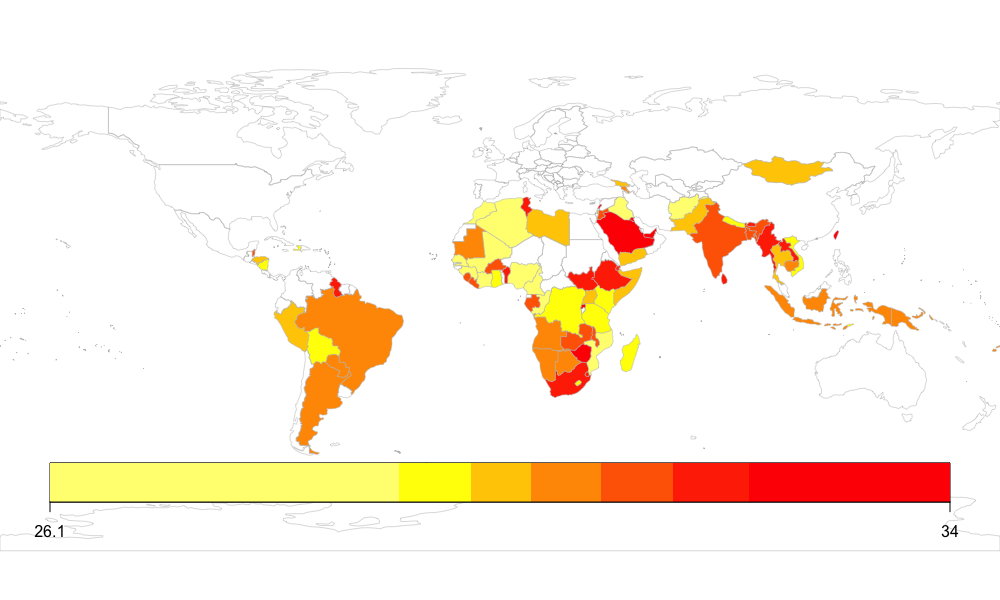Laboratory
Population Dynamics and Sustainable Well-Being
At a Glance
Projects
Publications
Team
Project
Estimating Fertility Indicators by Using Digital Trace Data and Targeted Online Surveys
Jessica Donzowa, Emilio Zagheni, Daniela Perrotta
Detailed Description
This project starts from the consideration that timely and accurate information about vital rates, i.e. birth and death rates, is not always available. The quality of vital statistics varies across countries and continents. Vital registration systems and population representative surveys have high coverage in high-income countries but not yet in low- and middle-income countries. Whereas the data quality is improving, the diffusion of the Internet and social media is currently more rapid than the development of vital registration. Social media can be thought of as a complementary, although nonrepresentative, up-to-date source of data that could fill this gap of insufficient data.
We consider two approaches to leverage the diffusion of internet and social media platforms. First, user counts provided by Facebook for advertisement purposes can be used as to produce estimates. Second, Facebook (or other main social media platforms) can be used as a tool to recruit survey participants via targeted advertisement. A main objective of this project is to determine the extent to which these two approaches can be used to utilize Facebook as a complementary source of data for fertility research in countries where data are lacking or unavailable.
Our initial findings based on Facebook’s advertisement data have shown that for those countries with available statistics, fertility measures based on Facebook data are highly correlated with conventional indicators produced from traditional data. In particular, estimates of indicators such as the mean age at childbearing are quite accurate, even without correction for selection bias. This enables us to provide some general assessment on related indicators for male fertility for which we do not have traditional data.
A central component of the project will be to assess if online surveys for which recruitment of participants is performed via Facebook-targeted advertisement can be used to obtain reliable estimates of demographic outcomes related to fertility. The geographic focus will be African countries, where fertility is still relatively high and decreasing at a slower pace than previously expected, with major consequences for world population dynamics. The first survey will be run in Senegal. In terms of design, we will use a network reporting approach in which respondents will be asked to provide information about themselves and up to 3 members of their social network. Using this reporting approach will allow us to indirectly gain insights into the population that cannot be reached directly through a Facebook survey and to scale our estimates up to the general population.
Prediction of mean age at childbearing for men in 2017 based on data from Facebook’s Advertising Platform

Prediction of Male mean age at childbearing in 2017 for countries without UN ground truth data. © MPIDR
Data and Surveys, Fertility Development
Publications
Rampazzo, F.; Zagheni, E.; Weber, I. G.; Testa, M.R.; Billari, F. C.:
In: Proceedings of the Twelfth International AAAI Conference on Web and Social Media (ICWSM 2018): 25-28 June 2018, Stanford, California, 672–675. Palo Alto, CA: AAAI Press. (2018)
